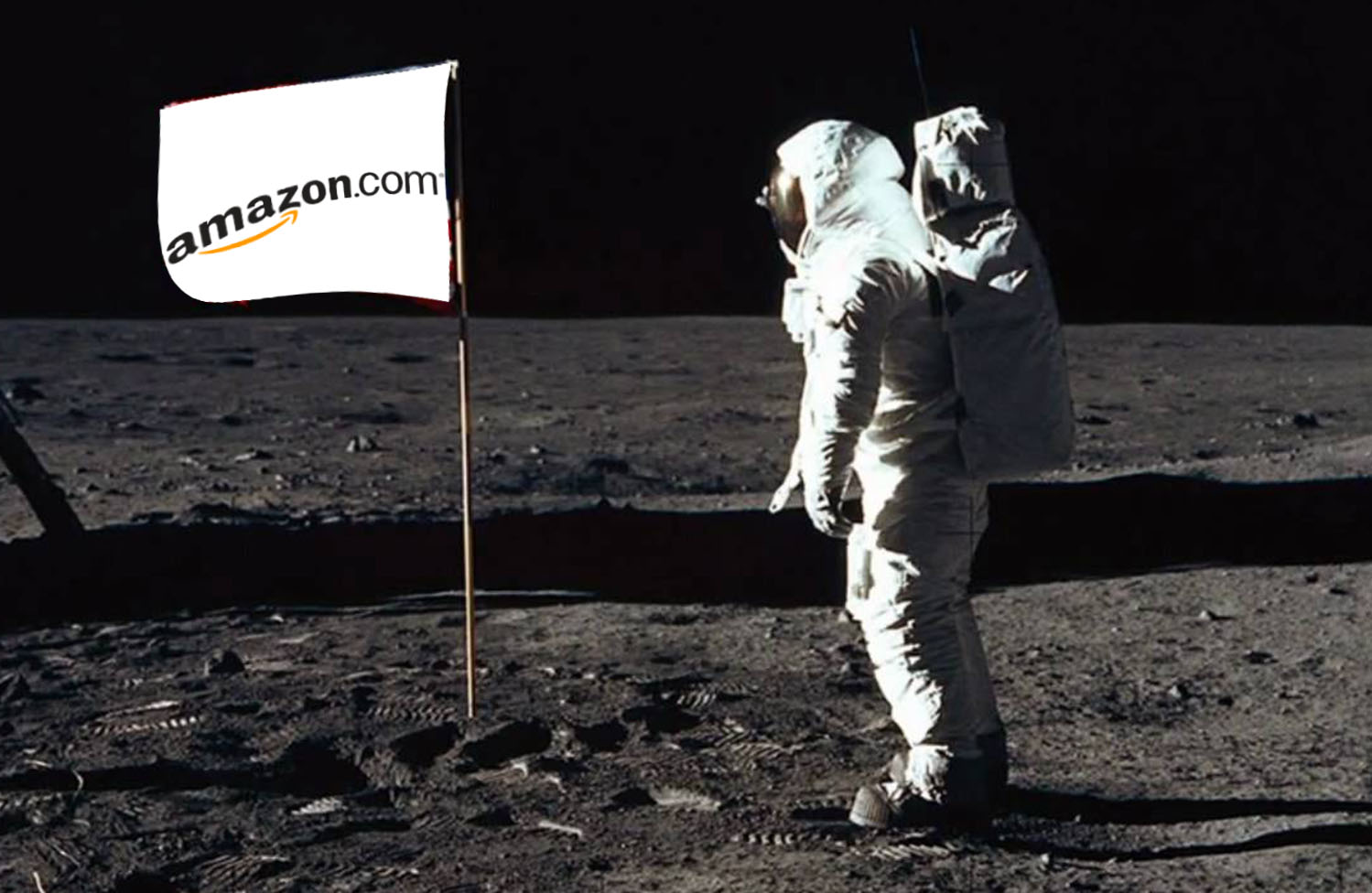Move over, International Olympic Committee, no one even remotely cares about where the Summer 2024 Olympic Games are going to be held. Wow, it might be in Los Angeles? Whoop-dee-doo, Basil…The real buzz on the street has to do with replacement lightning cable supplier and online marketplace, Amazon, Inc’s (AMZN) active location scouting for their new headquarters.
HQ2, using the official social nomenclature, is the new location Amazon (AMZN) intends to spend $5 billion in order to house nearly 50,000 new employees. Amazon (AMZN) officially announced its plans to create a second campus a little over a year ago, in hopes of creating new jobs in about 8 million square feet of buildings.
According to sources close to the selection community, all 20 cities on the short list: Toronto, Columbus, Indianapolis, Chicago, Denver, Nashville, Los Angeles, Dallas, Austin, Boston, New York City, Newark, Pittsburgh, Philadelphia, Montgomery County in Maryland, Washington, D.C., Raleigh, Northern Virginia, Atlanta and Miami, have been visited, but media reports say Amazon search party members have recently, taken second trips to Miami and Chicago. The Chicago Tribune reported Amazon representatives were spotted placing Alexas all over the Chicago Area, specifically at “The 78,” a 62-acre piece of land in the South Loop neighborhood of the area.
While citizens of Chicago believe themselves to be at the top of Amazon’s location shortlist, insiders have also suggested that the Washington, DC metropolitan area is another front-runner. This possibility is not one that has unilateral support from the residents of the District of Columbia. In fact, according to Business Insider, “many worry that the region won’t be able to handle a major uptick in population size.” This concern is based on the possibility of 1 million new residents over the next ten to fifteen years, as a result of job creation from the new headquarters. DC residents like Advisory Neighborhood Commissioner Denise Krepp, are against the tech giant’s potential move to her city.
“I’ve been in this community now for 20 years,” said Krepp. “Our infrastructure is failing. We have roads that are collapsing on themselves. We have water coming out of the streets in the middle of winter because the pipes are bursting. … We have a metro system that doesn’t work.”
-Denise Krepp, Advisory Neighborhood Commissioner, Hill East, DC
Reporters have gathered that residents are also very concerned about the possibility for a shortage of affordable housing in the area, similar to what happened when Amazon first opened their headquarters in Seattle, Washington.
As a former resident of the Bay Area, I have seen, firsthand, what happens to house markets when startups and tech companies, like Lyft, Twitter, or Facebook, start to open up satellite offices and headquarters. Neighborhoods become vibrant with creativity and life, coffee shops and restaurants open, but all that glitters is not gold. The cost of living skyrockets to the point of no return. As housing costs rise, quality of life for those living in those neighborhoods begins to decline.
These location speculations and concerns come after Amazon’s huge announcement last week, during which CEO Jeff Bezos said the company plans on raising its minimum wage for all employees to $15 per hour. Prior to this decision, urbanist Richard Florida encourages Bezos to take better financial care of his employees.
“Amazon itself has much to gain by coupling its efforts to do better by both its workers and America’s towns. The risk to its reputation for being viewed as a bad corporate citizen far outweighs the amount of money such efforts would cost.”
–Richard Florida, CityLab
While it is responsible and wonderful that Bezos recognized he was not paying his workers a livable minimum wage, this does not discount the dramatic effects that HQ2 will have on its new location, once this is decided by the search committee. From what the media has reported on, Amazon’s process of searching for a second home has not involved much consideration of community lay leaders and members that will be affected, adversely or otherwise, by the new set up. In the case of Washington, DC, three days before the Amazon bid was announced in September 2017, the mayor held a community meeting.
During that meeting, according to Denise Krepp, the office claimed: “there were no plans to further develop the parcels of land in her neighborhood.” Three days after this meeting, the city offered to sell itself to Amazon. Krepp’s primary concern is that if Amazon takes over vacant land in the area, the company will occupy space that could be otherwise used for affordable housing.
All citizens like Denise Krepp, and those residing in the other shortlisted cities, can do is wait for Amazon’s search committee to make their final decision. During a speech at the Economic Club of Washington last month, Jeff Bezos firmly announced that a decision will be made before the new year, but as for a specific date and time?
If you’re an Amazon Prime member, you can opt into 2-day free expediting of information. Just make sure your contact info is up to date.





